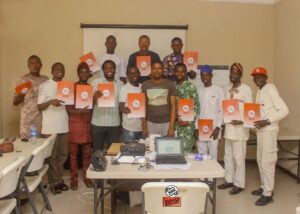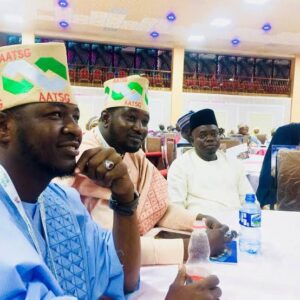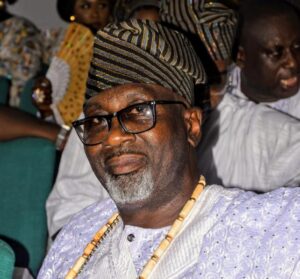Nigeria which way forward part One – What is the role of Knowledge
In alignment of the renewed Hope mantra. This is part of a 12 part write up on which way Nigeria and my thoughts on the possible solutions please enjoy the part one, and try reading the follow up to twelve.
Knowledge plays a vital role in the governance of a country It is a crucial input to the process of governance and a resource for political decision-making
Managing knowledge is inherently part of all individuals, sectors, communities, and organizations in a country.
The relationship between knowledge and governance is reflexive in nature, meaning that knowledge is a prerequisite for governance as much as governance is a prerequisite for knowledge
The role of knowledge in governance can be seen in the field of education, where knowledge is directly relevant to governance as a resource for political decision-making
In general, knowledge management aims to improve the knowledge base in an organization and includes activities such as identifying, creating, and storing knowledge.
knowledge is essential for good governance as it informs decisions and helps to improve the knowledge base of an organization. It is a resource for political decision-making and is inherently part of all individuals, sectors, communities, and organizations in a country
Increased importance of knowledge provides great potential for countries to strengthen their economic and social development by providing more efficient ways of producing goods and services and delivering them more effectively and at lower costs to a greater number of people. A nation’s competitiveness depends on the capacity of its industry to innovate and upgrade, which comes from knowledge. The differences in levels of prosperity across nations depend on the amount of knowledge that society holds. This is the idea behind economic involvedness.
Knowledge allows us to think about issues, topics and challenges from many perspectives. Wisdom (the application of knowledge) allows us to succeed by putting what we know into action. Some of the common benefits of knowledge management include: improved organisational agility, better and faster decision making, quicker problem-solving, increased rate of innovation, supported employee growth and development, sharing of specialist expertise, better communication, improved business processes.
However corruption have been the tool that have been sold year in year out for reason for change. Corruption is usually defined as the abuse of entrusted power for personal gain. It is a kind of dishonesty committed by a person or an organization entrusted with a position or authority, and when corruption becomes rampant in a society there will be erosion of trust, weakening of democracy, hampering of economic development and exacerbation of inequality, poverty, social division and environmental crisis.
Corruption is a complex phenomenon and it is deep in rooted bureaucratic and political institutions. Even though experience suggests that corruption is bad for development, it is still possible for a systemic corruption to coexist with a strong economic performance. Bribery and embezzlement, are dishonest acts which undermine the rights and privileges of others, and they have to be eradicated. Accordingly the main causes of corruption in Government are follows. The size and structure of governments, The democracy and the political system, The quality of institutions, Economic freedom and openness of economy, Salaries of civil servants, Press and judiciary freedom, Cultural determinants, Percentage of women in the labour force and in parliament, Colonial heritage and mentality, and finally The endowment of natural resources.
With the above, there was no mention of the moral cause of corruption, whereas corruption is a kind of dishonesty, which is a moral problem. It is true that corruption is a complex phenomenon and it is not caused by a single cause.
But it has to be admitted that every corrupt act involves a demand and supply—there must be those who demand acts of corruption and those willing to perform these acts for a price. Creating an anti-corruption agency, increasing salaries, or increasing penalties for corruption cannot simply stop the supply and demand.
We must deal with the most important question which is what makes a person dishonest and or corrupt?
Continued in Part 2









